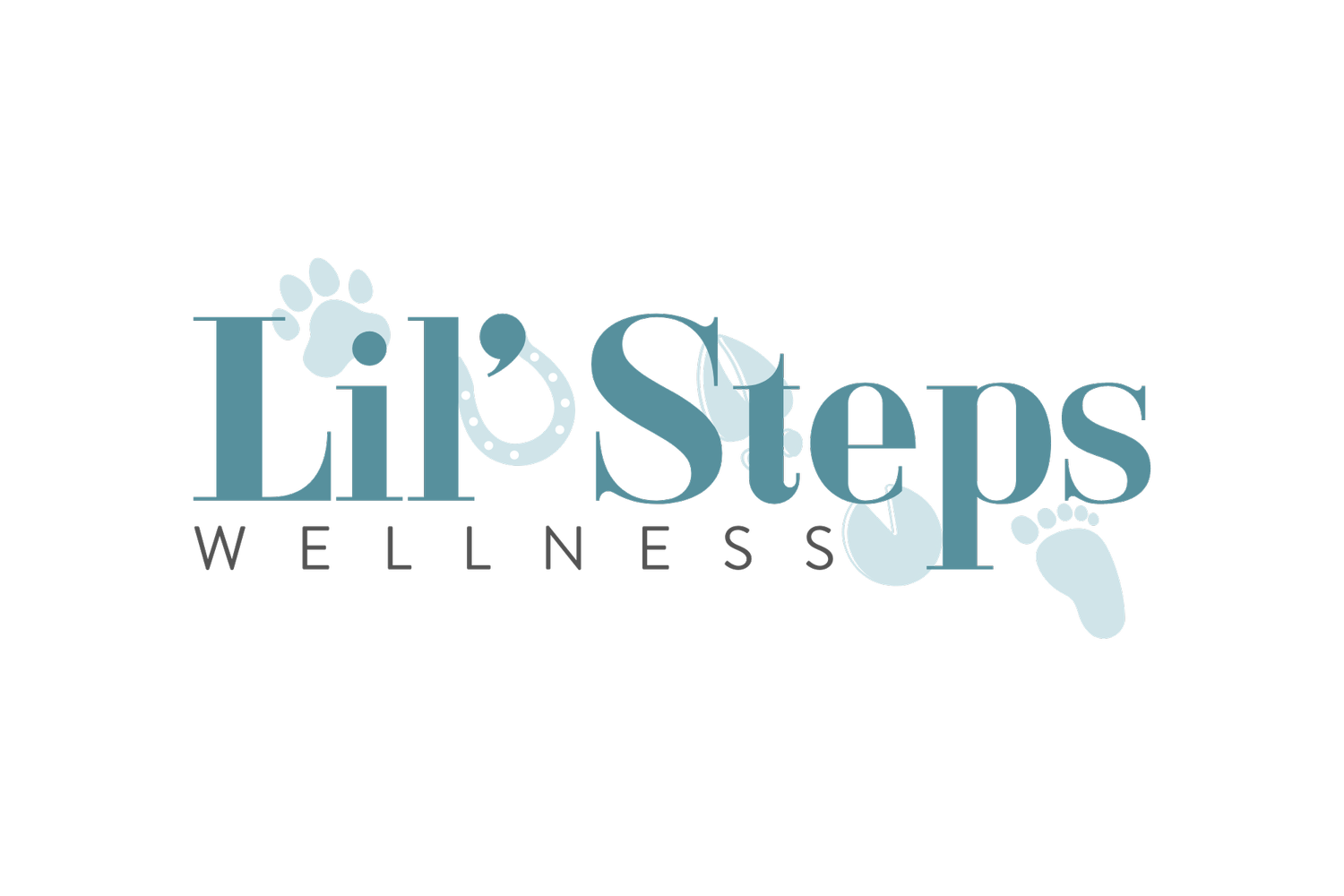You’re Not Alone: Rewriting the Story of Men’s Mental Health
At Lil’ Steps Wellness, we believe healing begins with one small, courageous step. But for many men, even that first step, admitting they’re struggling, can feel impossibly difficult.
For generations, men have been told to “man up,” “tough it out,” or “keep it together.” Strength has often been measured by silence, stoicism, and self-reliance — fueled by the weight of toxic masculinity that equates vulnerability with weakness. But here’s the truth: you can be strong and still struggle. You can be brave and still need help. You can be a man and still need healing.
The Silent Struggle
Mental health doesn’t discriminate, but the way men deal with it often does.
In Canada, men are significantly less likely than women to seek mental health support. Specifically, only about 30% of individuals who use mental health services are men, indicating that men are underrepresented among those accessing mental health care
Yet the need is urgent:
Approximately 1 in 10 Canadian men experience significant mental health challenges in their lifetime.
Around one million Canadian men suffer from major depression each year, not to mention those experiencing anxiety, PTSD, grief, or burnout
Suicide rates are alarmingly high, with men accounting for about 75% of the 4,000 suicide deaths in Canada annually.
These aren’t just numbers. They represent our fathers, sons, brothers, friends, and coworkers.
Shifting the Narrative
It’s time to challenge the outdated, and even dangerous, ideas about what it means to be strong.
For too long, the narrative has defined strength by how much a man can carry on his own, how much pain he can hide, how much stress he can absorb without breaking. But true strength isn’t measured by how much you endure in silence. It’s measured by your willingness to face what’s hard, speak what’s true, and ask for what you need.
The cost of this narrative is real.
A father grieving a miscarriage in silence because he's expected to "stay strong" for his partner.
A young adult battling anxiety but refusing to speak up because no one around him talks about emotions.
A man who loses his job and spirals into depression but avoids asking for help out of shame.
A veteran or first responder haunted by trauma but taught to "push through it" instead of process it.
A successful professional who seems to have it all together, but privately feels numb, hopeless, or detached, also feels like he can't tell anyone.
These are not rare stories. They are everyday realities for millions of men who suffer quietly, afraid that asking for help means they’re failing.
No matter your situation, you don’t have to hit a breaking point to reach out! If you’re feeling overwhelmed by life’s demands, struggling to feel joy, battling inner thoughts, or simply tired of pretending to be okay, that’s reason enough.
What Asking for Help Can Look Like
There’s no one-size-fits-all approach to asking for help, and it doesn’t have to be dramatic. It just has to be honest.
Sometimes, it can start as quietly as admitting to yourself, “It’s okay to not be okay.”
For others, it’s opening up to someone they trust—a partner, a best friend, a sibling, or even a coworker—with a simple, honest, “I’ve been going through a lot lately.”
Some find clarity through writing, using a journal as a private space to untangle thoughts and emotions.
Others turn to technology, whether it’s texting a crisis line, using a mental health app, or logging into an online therapy session. Therapy has never been more accessible.
For those craving community, joining a support group (virtually or in person) can be a powerful reminder that you’re not alone.
And reaching out to a therapist? That’s not a last resort, it’s a proactive, courageous step toward healing, self-awareness, and lasting change.
You’re Not Alone
Let this be the moment you stop carrying it all alone because mental health is a human issue. Having the courage to reach out is NOT weakness; it’s the bravest thing you can do.
If you're looking for someone who gets it, you're in good hands. We have two experienced male therapists — Khanya and Iyanu — plus a Student Intern Therapist, all here to offer support without judgment. They understand the pressures men face and are committed to creating a space where you can talk freely, feel understood, and start figuring things out—at your pace.
Learn more and get in touch: lilstepswellness.com/about-us



